Probate is the legal process of distributing a person’s assets after they pass away. The assets that must go through probate vary depending on the laws of the state in which the deceased person lived and the types of assets they owned. However, generally speaking, probate assets may include:
- Real property (e.g. homes, land)
- Bank accounts and investments that are solely in the deceased person’s name
- Personal property (e.g. vehicles, jewelry, furniture)
- Business interests
- Certain life insurance policies and retirement accounts (if there’s no named beneficiary)
It’s important to note that some assets may not be subject to probate if they pass directly to a beneficiary or if they are owned jointly with another person. These may include assets with a named beneficiary, such as certain types of insurance policies and retirement accounts, and jointly held property, such as joint bank accounts or real estate.

Leave A Comment